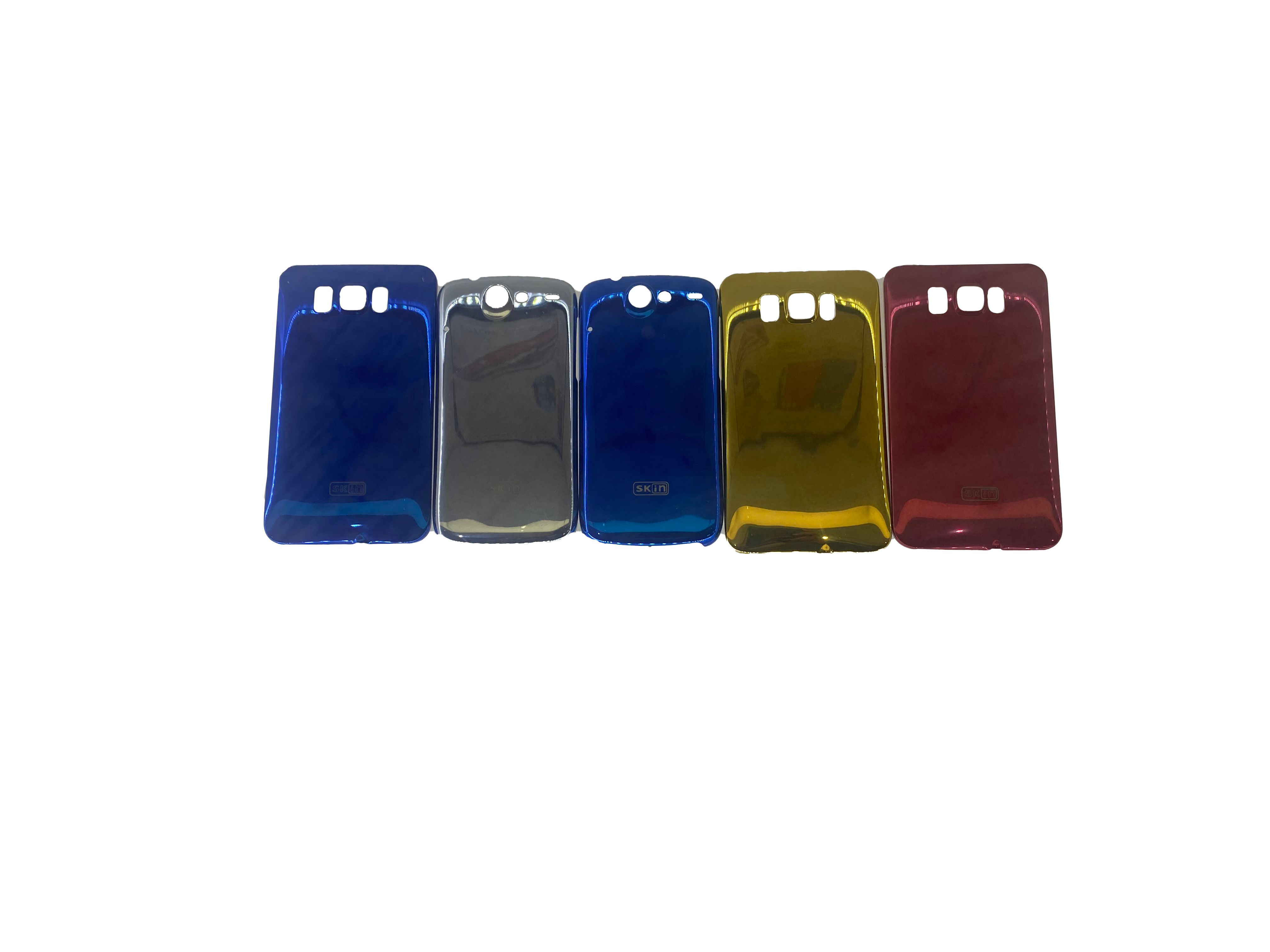Kesalahan format email
emailCannotEmpty
emailDoesExist
pwdLetterLimtTip
inconsistentPwd
pwdLetterLimtTip
inconsistentPwd

Berita
Die Casting Parts Under the Die Casting Process
Aluminum die casting is a metal material forging process, which is characterized by the use of an abrasive cavity to release high pressure on the molten metal material. Abrasive tools are generally produced and processed with aluminum alloys with higher compressive strength, and the whole process is similar to the injection molding process. Most aluminum die-casting castings are copper-free, such as zinc, copper, aluminum, magnesium, lead, tin and their lead-tin aluminum alloys and their aluminum alloys. Depending on the type of aluminum die casting, a cold chamber die casting machine or a hot chamber die casting machine must be used.

The flow of traditional casting process
The traditional casting process is mainly composed of four processes, or is called high die casting. These four processes include the preparation, filling, injection and shakeout of the abrasive tool in advance, and they are also the basis for various improved casting processes. In the whole process of preparation in advance, the lubricating liquid must be sprayed into the mold core. In addition to helping to control the temperature of the grinding tool, the lubricating liquid can also help the casting parts to be released from the mold. Then the abrasive tool can be turned off, and the molten metal material is injected into the abrasive tool with high pressure. This working pressure range is about 10 to 175Kpa.
When the filling of molten metal material is complete, the working pressure is maintained until the casting solidifies. Then the pendulum will release all castings, because there will be several cores in one mold, so there will be several castings in each forging process.
In the whole process of falling sand, the sediment must be separated, including the animal model mouth, runner, glue inlet and its burrs. This whole process is generally carried out according to a very refurbished mold extrusion casting. Other methods of falling sand include sawing and sanding. If the rubber inlet is relatively easy to break, the casting can be rolled immediately, which can save human resources. Unnecessary animal model mouths can be reused many times after melting. The typical production volume is about 67%.
High pressure injection results in a very fast rate of filling of the tool, so that the molten metal material can fill the entire tool before all parts solidify. According to this type of method, surface discontinuities can be prevented even with thick wall sections that are difficult to fill. But this can also cause gas stagnation, as it is difficult to hit-and-run when filling the mold quickly. Such problems can be reduced by placing vents on the analytical web, but even very high-precision machining can leave vents at the center of the casting management. Most aluminum die-casting can perform some structures that cannot be performed by forging according to secondary production processing, such as drilling, grinding and polishing.
Conclusion
For more information about die casting process step by step,aluminum die casting auto parts,aluminium pressure die casting process, we are glad to answer for you.

